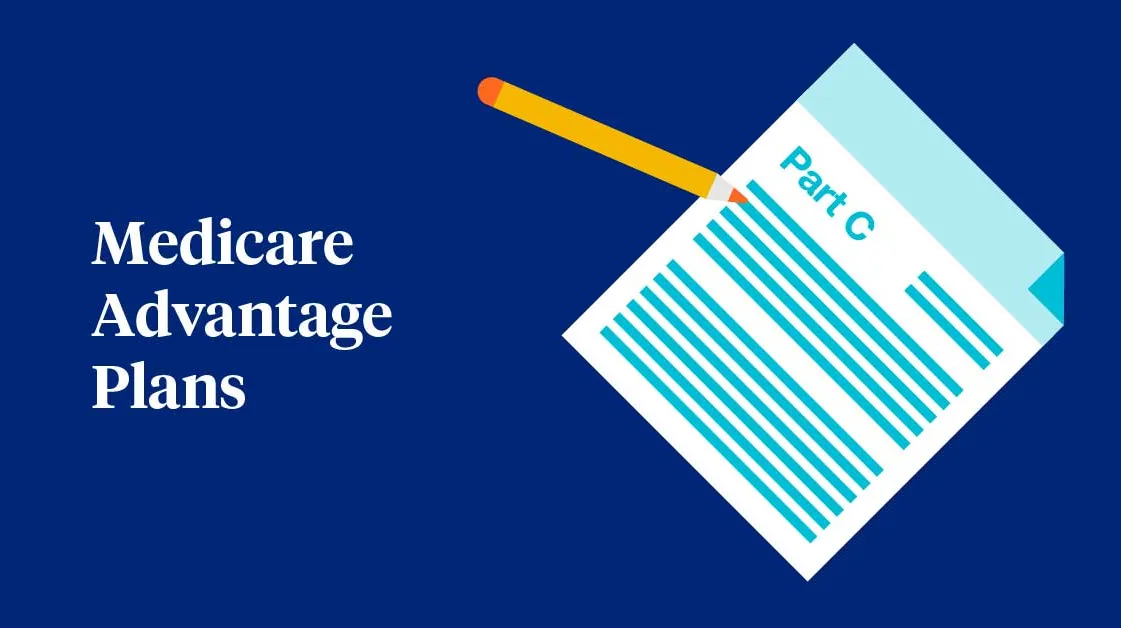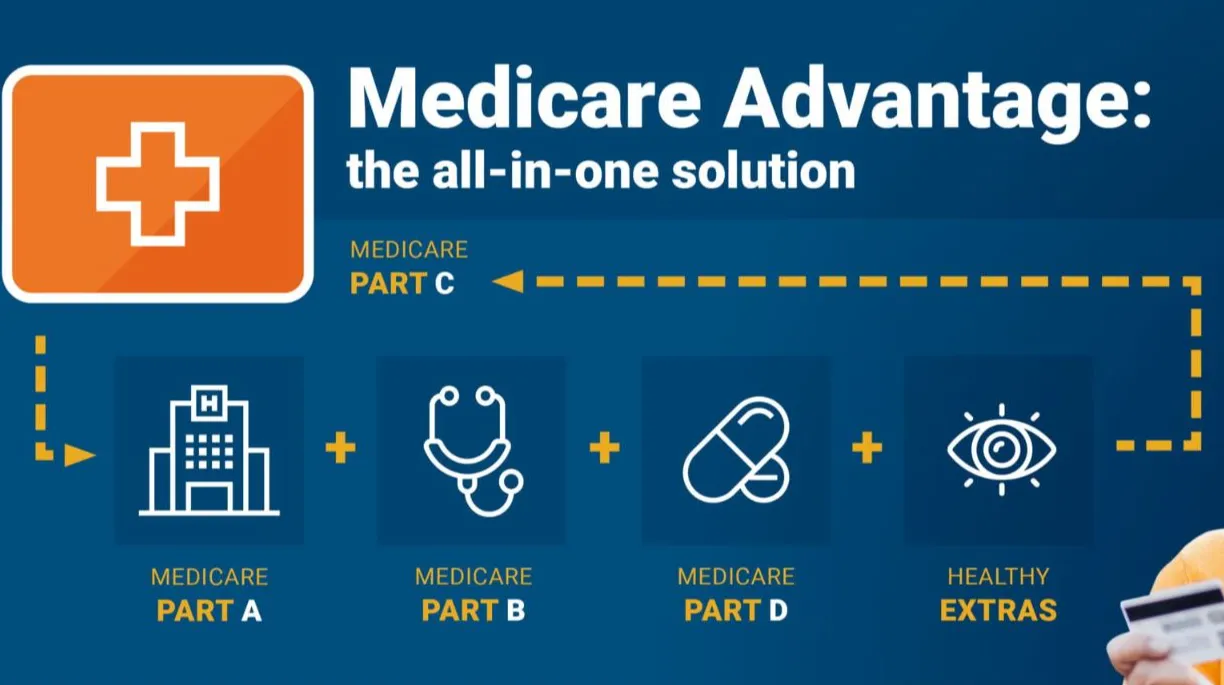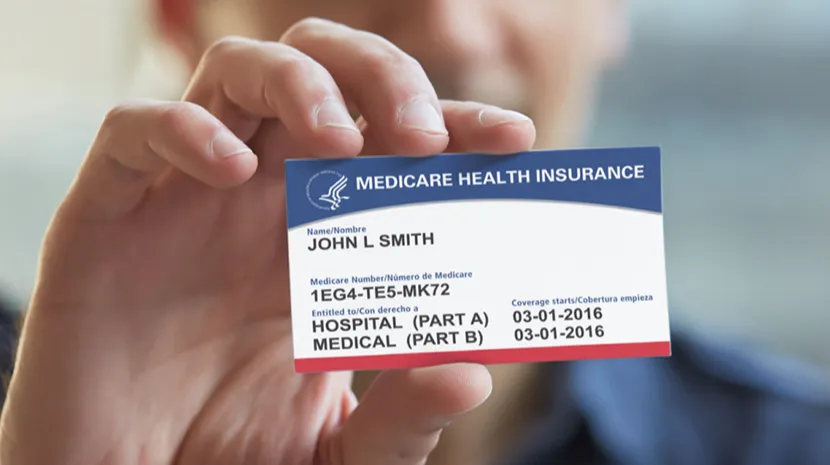Connecticut Medicare Resource Center
Connecticut Medicare Resource Center
Medicare Choices That Can Accidentally Raise Your Tax Bill If You Live in Connecticut
How certain Medicare decisions can raise your tax bill. Discover common mistakes involving income, HSAs, and premiums and how to avoid them.
Common Medicare Mistakes First-Time Enrollees in Connecticut Make
Many new Medicare enrollees make costly mistakes. Learn what to avoid when choosing coverage, drug plans, and enrollment timing.
How to Appeal Medicare Coverage Decisions in Connecticut
How to appeal Medicare coverage denials, understand your rights, and get the care or payment you need with clear steps and tips.
Comparing Connecticut Medicare Plans: A Step-By-Step Financial Checklist
Compare Medicare plans with confidence using this step-by-step financial checklist. Learn how to evaluate costs, premiums, and income-based options to choose the right coverage for your needs.
The Perks That Are Driving Seniors to Medicare Advantage Plans in Connecticut
Medicare Advantage plans are growing fast these days. Find out what perks are attracting seniors, from extra benefits to lower out-of-pocket costs, and how they stack up against Original Medicare.
Medicare Part C in Connecticut
Are you looking for an alternative to Original Medicare? Medicare Part C, also known as Medicare Advantage, may be the perfect option for you. With low monthly premiums and added benefits, a Medicare Advantage Plan can provide you with the coverage you need.
How to Apply for Medicare in Connecticut
Learn how to apply for Medicare with our written guide, covering eligibility requirements, enrollment periods, and application methods to ensure seamless access to your healthcare benefits.
Who is eligible for Medicare in Connecticut?
Medicare eligibility is dependent on many factors including age, disability, and health conditions that qualify you for coverage. Find out if you’re eligible and how to enroll in your state.
Everything You Need to Know About Connecticut Medicare Dental Coverage
Getting the proper dental care is very important for our well-being. It's a decision that should be made with multiple factors in mind, such as the type of coverage that will best suit your needs and budget.
Is Vision Insurance in Connecticut Right For You?
Many people are mistakenly confused about vision insurance. It can be a confusing process when it comes to choosing a doctor for an eye injury or routine exam. A vision insurance policy can help pay for the cost of various eye procedures, such as eye exams and contact lenses. Some plans also provide coverage for laser eye surgery.
Frequently Asked Questions about Connecticut Medicare Supplement Insurance
Get answers to some of the most frequently asked questions about Medicare Supplement.
Original Medicare in Connecticut
The concept of Medicare was first established in the 1960s. It's a health insurance program for seniors that was initially only two parts: Part A and Part B. These two components are known as Original Medicare.
Connecticut Medicare Supplement Enrollment Periods
Medicare Supplement enrollment periods are important for individuals who are enrolled in Medicare and want to add coverage for things that Original Medicare doesn't cover. These enrollment periods are set by the federal government and provide individuals with a specific window of time during which they can sign up for a Medicare Supplement plan.
Connecticut Medicare Advantage FAQ
Answers to the most common questions about Medicare Advantage plans.
Part D Enrollment Periods in Connecticut
Find out when and how to enroll in Medicare Part D in your area. Learn about initial, annual, and special enrollment periods to get the right prescription drug coverage and avoid penalties.
Understanding Medicare in Connecticut
Medicare is a national health insurance program in the United States that provides health insurance coverage to people who are 65 years of age or older, as well as to some younger people with disabilities or end-stage renal disease.
Connecticut Medicare Part D Coverage
If you have Medicare Part D, you will be able to get coverage for the cost of your prescription medications. This can help you save money on the cost of your medications, which can be expensive without insurance. Some Medicare Part D plans also provide coverage for other medical services, such as vaccines or medical supplies.
Who is eligible for Medicare Advantage in Connecticut?
Learn about Medicare Advantage (Part C) eligibility, enrollment steps, and key considerations. Find out if you qualify, compare plans, and get the coverage that best fits your healthcare needs.
I live in Connecticut. Am I eligible for a Medicare Supplement plan?
To be eligible for a Medicare Supplement insurance plan, you must be enrolled in both Medicare Part A and Part B and be at least 65 years old.
Types of Medicare Advantage in Connecticut, Explained
See how different types of Medicare Advantage can impact your healthcare plan and each of their purposes. Get details on HMO Plans, PPO Plans, PFFS Plans, and SNP Plans.
New to Connecticut Medicare
Getting ready to become a Medicare beneficiary can be daunting, especially if you’re already 65 years old or have a few years left before you retire.






















